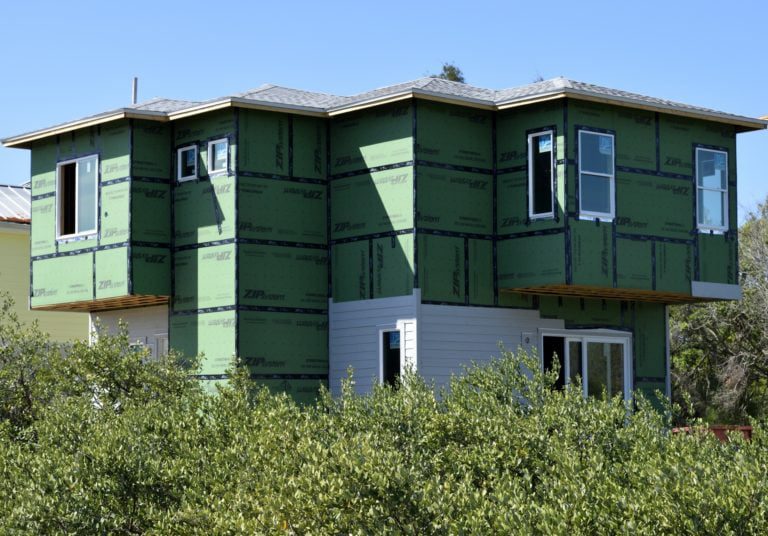
Why Would A New Construction Home Require an Inspection?
You’re probably thinking, “But it’s a brand new build, why would I need a home inspection?” Because it would seem that new homes should be relatively error-free, according to many inspectors, they often have underlying issues at work.
What could possibly be wrong, you ask?
- Structural defects, like foundation cracks, improper grading, and poor framing
- Drainage and grading issues, which could cause water and structural damage later on
- Window leaks
- HVAC issues, including malfunctioning thermostats and loose connections
- Electrical problems, such as improperly wired outlets, open grounds, and missing switch plates
- Plumbing issues, including reversed hot/cold in faucets, improper piping, leaks, and more
Why Should I Call A Home Inspector?
Inspectors say they also often find incomplete projects. This could include insufficient insulation, half-installed handrails or fixtures, or missing pieces of hardware.
One common myth is that all construction defects are discovered through municipal building inspections. That is incorrect, not due to any shortcomings on the behalf of the inspectors, but the purpose, scope, time allotment and procedures for municipal inspections are not the same as for home inspections. Also keep in mind they are primarily looking at code compliance, not quality of workmanship.
While they can cite a builder for improper structural framing or for non compliant drain connections, a poorly fitted door or an uneven counter top are not included on their list of concerns.
Municipal inspectors rarely inspect an attic or a crawlspace. They come to the job site with a clipboard and a codebook, not with a ladder and overalls. Construction defects in such areas can escape detection. Municipal inspectors typically inspect a roof from the ground or possibly from the builder’s ladder. From these perspectives, defects can go undiscovered. Since final inspections are performed before the utilities are turned on, municipal inspectors cannot inspect appliances and fixtures. The lack of utilities also prevents the testing of plumbing fixtures such as sinks, showers, tubs, and dishwashers, and of gas fixtures such as furnaces, fireplaces and water heaters, which is part of the FABI Inspecting Standard. Without power, outlets can’t be tested for ground and polarity, nor can they test the performance of GFCI or AFCI safety breakers.
When buying a new construction home, you should not forego the benefits of a thorough home inspection.

